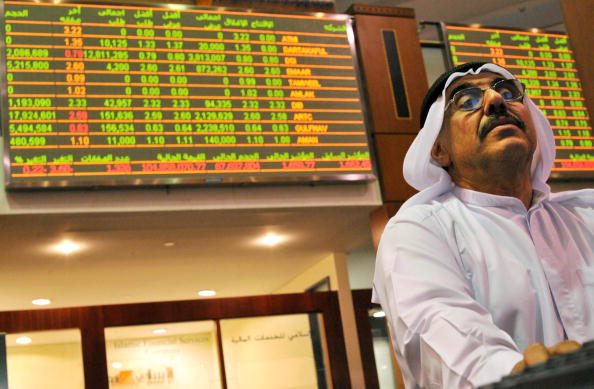What Does The MSCI Upgrade Mean For UAE, Qatar?
The two nations have been upgraded from frontier markets to emerging markets by index compiler MSCI.

The decision by the index compiler Morgan Stanley Capital International MSCI to upgrade Qatar and the UAE to emerging market status from frontier markets was expectedly very well received by investors and bankers. Stocks markets in the both the countries rose sharply, with the Doha bourse reaching its highest ever level since September 2008.
“It has been a long journey, but we’ve finally arrived,” said Georges Elhedery, head of Global Markets MENA at HSBC.
“Today’s decision firmly establishes the region on the emerging markets growth map in the minds of global institutional investors.”
Sam Vecht, BlackRock’s head of the emerging markets specialist team also voiced a similar outlook.
“The MSCI decision to upgrade Qatar and UAE reflects a growing realisation of how far these economies and their financial markets have developed in recent years,” he said.
While the UAE has been attempting to get an upgrade up from the frontier market status since 2009, it has repeatedly been rejected by MSCI.
This time around though, most experts foresaw the upgrade, which will come into effect from May next year.
With standards of investor relations and corporate governance increasing, and with regional economies improving, stock markets have performed exceptionally well over the last year.
Dubai’s stock market alone has risen over 45 per cent this year, making it one of the best performing market across the world.
“Financial markets are based on calculated investments which look at the potential levels of return set against risks involved,” explained Max Knudsen, chief market strategist at Abu Dhabi-based ADS Securities.
“The change from frontier market to emerging market status, which reduces the perceived risk of investing in the UAE, is therefore extremely significant,” he said.
“There is currently $1.5 trillion benchmarked against the MSCI Emerging Markets Index and if just one per cent of this came to the UAE it would represent an inflow of $15 billion.
“This would provide a natural boost to all financial sectors, and would have a knock-on effect attracting investment and growth in areas from fixed income through to equities,” stated Knudsen.
Despite welcoming the move, BlackRock’s Vecht said that the decision is unlikely to have any significant near-term impact on their client portfolios.
“We have been broadly positive on both of these countries for the last two years as the combination of economic restructuring post financial crisis, strong earnings growth, depressed valuations, and high dividend yields offers an attractive proposition,” he said.
“The impact of the change will not be seen overnight, but as the UAE develops a global marketplace, the true advantage of being classed as an emerging market will become clear,” added Knudsen.
